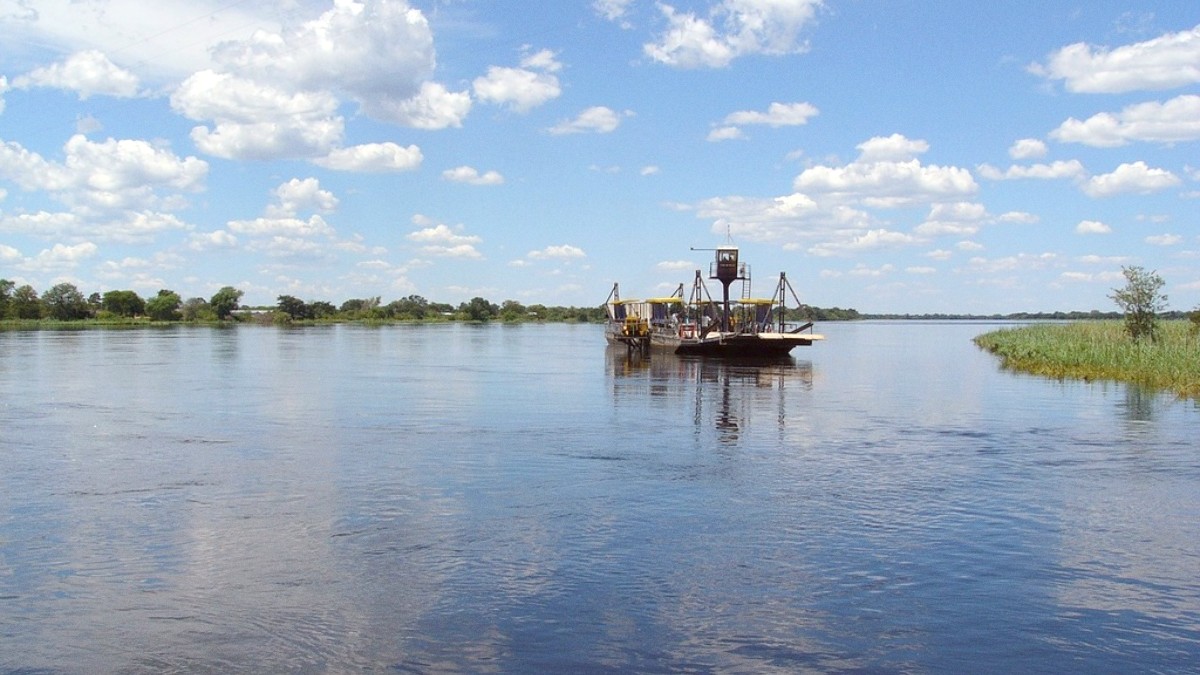
Botswana
The core activities of visiting the Delta focus on observing animals in their natural habitat from vehicles, boats, or on foot.
Conducted in open-sided 4x4 vehicles. In Moremi, drives stay on designated tracks. Private concessions permit off-road tracking.
Early morning and late afternoon drives offer prime wildlife viewing; animals are more active in cooler periods.
Permitted only in private concessions, they present chances to spot nocturnal animals like civets, genets, and hunting predators.
Cycling and mountain biking are not permissible or practical within the wilderness areas of the Okavango Delta due to dangerous wildlife and unsuitable terrain.
Opportunities for deep cultural immersion are limited within remote safari camps, as the main focus remains on wildlife and conservation. However, some experiences offer a glimpse into local life.
Many luxury lodges feature small spa facilities or offer in-room massage treatments for relaxation.
A few specialized high-end camps may incorporate yoga sessions or offer quiet spaces for meditation.
Safari camps frequently include swimming pools for guests to relax and cool off between activities.
Hot springs and traditional natural therapy options are not present in the Okavango Delta.
Traditional healing practices are generally not offered to tourists.
Delta nightlife consists of bush sounds, stargazing, and night game drives, not urban entertainment.
The Okavango Delta's nightlife is defined by the sounds of the bush and the starry African sky, not urban entertainment. Shopping opportunities within the Okavango Delta are limited to camp curio shops.
Available in Maun, offering local crafts, hand-woven baskets, and wood carvings.
Opportunities to purchase local crafts exist in Maun or from small curio shops at larger lodges.
Limited to curio shops at high-end lodges, offering branded safari wear and artisanal items.
A Botswanan specialty, reflecting local craftsmanship.
Intricate animal carvings and figurines made from local materials.
Colorful and authentic fabrics representing local culture.
Adhere to ethical shopping guidelines to support local communities and protect endangered species.
Most souvenirs are carried in luggage. For larger purchases, inquire about shipping options.
Be aware of export regulations from Botswana, especially for natural materials.
Check import regulations of your home country to avoid issues upon return.
Plan souvenir shopping for Maun upon arrival or before departure for more options and better prices.
Limited selection at remote safari camps, often with higher prices.
Seek opportunities to buy directly from local artisans for unique and meaningful items.
Careful activity selection and advance booking contribute to a fulfilling Okavango Delta adventure. Consult your safari operator for personalized recommendations.